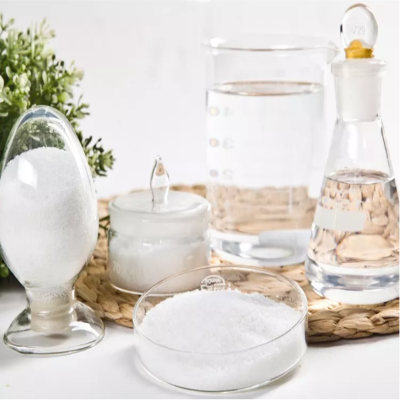-
Categories
-
Pharmaceutical Intermediates
-
Active Pharmaceutical Ingredients
-
Food Additives
- Industrial Coatings
- Agrochemicals
- Dyes and Pigments
- Surfactant
- Flavors and Fragrances
- Chemical Reagents
- Catalyst and Auxiliary
- Natural Products
- Inorganic Chemistry
-
Organic Chemistry
-
Biochemical Engineering
- Analytical Chemistry
-
Cosmetic Ingredient
- Water Treatment Chemical
-
Pharmaceutical Intermediates
Promotion
ECHEMI Mall
Wholesale
Weekly Price
Exhibition
News
-
Trade Service
The rapid rise in confirmed cases of new coronary pneumonia in the world has not only suppressed the terminal demand of the rubber market, but also hit the global financial market
hard.
At present, although many major economies have offered quantitative easing, it is difficult to ease investors' panic in the short term
.
On Monday, the Shanghai rubber 2009 contract fell again and hit a new low of 9555 yuan / ton
since 2016.
At present, positive results have been achieved in domestic epidemic prevention and control, but overseas epidemics are becoming increasingly serious, and the global automotive industry has entered a dark moment
.
Last week, many automobile companies in Europe and the United States announced the use of production suspension and isolation to reduce the risk of the epidemic, and various gathering activities including auto shows and auto events were also postponed or canceled
.
Among them, the situation is the most serious in Europe, with more than 90 factories closed
.
Although most car companies' European factories are tentatively scheduled for two weeks, because the overseas epidemic is still in the spread stage, the epidemic prevention and control work in various countries has just begun, and it is not yet possible to determine when the global epidemic will reach its peak
.
This means that these plant shutdowns are likely to be much longer than expected
.
Based on this, a number of authoritative institutions have reduced the scale of
global automobile production and sales this year.
Morgan Stanley believes that global auto market sales will decline by 4% to 86.
4 million units
in 2020.
U.
S.
vehicle sales are expected to fall 9% y/y to 15.
5 million
units from 17.
1 million units in 2019.
RBC expects global vehicle production to decline by 16% in 2020, while U.
S.
vehicle sales will decline by 20%.
According to the outlook report recently released by the Association of Natural Rubber Producing Countries (ANRPC), due to the impact of the COVID-19 epidemic, global natural rubber production and consumption in 2020 are facing downward revisions
.
In 2019, the global natural rubber production and consumption were 13.
8 million tons and 13.
66 million tons, respectively, and the supply and demand structure was in a slightly loose state, while the supply and demand structure of the rubber market in 2020 was at risk
of falling into a continuous imbalance.
ANRPC expects production to rise 2.
7% year-on-year to 14.
17 million mt in 2020, compared with a valuation of 14.
28 million mt in its annual market report for natural rubber released on Jan.
31.
Meanwhile, the association expects consumption to grow by 1.
2% year-on-year to 13.
82 million mt in 2020, compared with an earlier forecast of 2.
7%.
Oversupply increased from 140,000 tonnes in 2019 to 350,000 tonnes in 2020
.
From a seasonal point of view, starting from mid-April, the arrival of the rainy season in Southeast Asia will open a new round of rubber tapping season, and the supply pressure will increase
.
At present, China's Yunnan Tianjiao producing area and some Southeast Asian rubber-producing countries due to drought caused by the rubber trees in the rubber plantation powdery mildew, the subsequent production will be affected, there is a possibility of continuing rubber tapping, but after the arrival of the rainy season, the overall cutting process will still be carried out
in an orderly manner.
At present, the rubber price that continues to fall has fallen below the domestic rubber tapping cost line, and the cutting rate has been affected, but the rubber tapping cost in Thailand, Vietnam and other countries is much lower than that in China, and the future is likely to be cut as usual, and the supply pressure is difficult to decrease
.
Overall, the current global car market demand is facing a severe test
.
With the arrival of the rainy season in Southeast Asia, the supply pressure of tianjiao has increased, and the late rubber market may fall into the unfavorable situation
of "double killing" of supply and demand.
The road to finding the bottom of Shanghai rubber is not over
.







